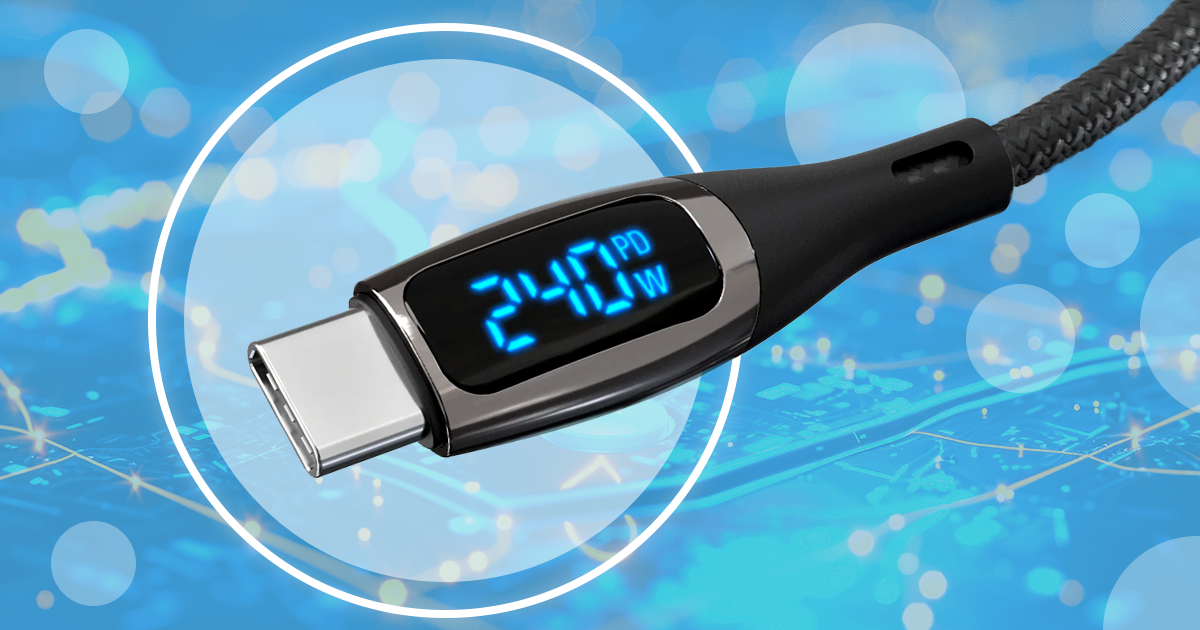Working in a mobile forensic company developing tools for iCloud forensics, logical and physical extraction of iPhone devices, we don’t live another day without being asked if (or “how”) we can help remove iCloud lock from a given iPhone. Without throwing a definite “yes” or “no” (or “just buy this tool”), we’ve decided to gather everything we know about bypassing, resetting and disabling iCloud activation lock on recent Apple devices.
There’s still time to register for the upcoming ElcomSoft training program in Vienna! Held in partnership with T3K-Forensics, this three-day training program will cover everything about iOS forensics. Law enforcement and forensic specialists are welcome to sign up! We’ll cover all the bases from seizing and transporting mobile devices to iOS extraction and analysis. We’ll talk about the acquisition workflow and have participants perform logical, physical and cloud extraction of iOS devices. Expect live demonstrations and fully guided hands-on experience obtaining evidence from iOS devices, pulling data from locked iPhones and accessing iCloud for even more evidence.
The release of iOS 11.4.1 back in July 2018 introduced USB Restricted Mode, a feature designed to defer passcode cracking tools such as those developed by Cellerbrite and Grayshift. As a reminder, iOS 11.4.1 automatically switches off data connectivity of the Lightning port after one hour since the device was last unlocked, or one hour since the device has been disconnected from a USB accessory or computer. In addition, users could manually disable the USB port by following the S.O.S. mode routine.
Cloud analysis is arguably the future of mobile forensics. Whether or not the device is working or physically accessible, cloud extraction often allows accessing amounts of information far exceeding those available in the device itself.
With more than 127 million users in multiple countries, Apple Pay is one of the more popular contactless payment systems. Unlike some competing payment technologies, Apple Pay is not only tightly integrated into Apple’s ecosystem but is exclusive to Apple devices.
GPU acceleration is the thing when you need to break a password. Whether you use brute force, a dictionary of common words or a highly customized dictionary comprised of the user’s existed passwords pulled from their Web browser, extracted from their smartphone or downloaded from the cloud, sheer performance is what you need to make the job done in reasonable time.
We have already covered the emergency SOS mode introduced in iOS 11. When entering this mode, the phone disables Touch ID and Face ID, requiring the passcode to unlock the phone. It appears that Google is taking cues from Apple, adding a new Lockdown Option to the newly released Android 9 Pie. Let us see what is similar and what is different between iOS SOS mode and Android 9.0 Pie Lockdown Option.
Lockdown records, or pairing records, are frequently used for accessing locked iOS devices. By using an existing lockdown record extracted from the suspect’s computer, forensic specialists can perform logical acquisition of the iOS device with iOS Forensic Toolkit and other forensic tools. Logical acquisition helps obtain information stored in system backups, access shared and media files, and even extract device crash logs. However, lockdown records may be tricky to access and difficult to extract. macOS protects lockdown files with access permissions. Let’s find out how to access the lockdown files on a live macOS system.
Did you know we have forensic trainings? We’ve partnered with T3K Forensics to feature a 3-day training on iOS forensics. This fall in beautiful Vienna, 17.-19.10.2018, we’ll train a group of law enforcement and forensic specialists on every aspect of iOS acquisition and analysis. We’ll talk about the acquisition workflow and have participants perform logical, physical and cloud extraction of iOS devices. Expect live demonstrations and fully guided hands-on experience jailbreaking and extracting iOS devices, pulling data from locked iPhones and accessing the cloud for even more evidence.
It’s been fast. iOS 11.3.1 and all earlier versions of the system down to iOS 11.2 have been successfully jailbroken. In addition, the jailbreak is compatible with iOS 11.4 beta 1 through 3. We normally wouldn’t post about each new jailbreak release; however, this time things are slightly different. The new Electra jailbreak uses two different exploits and presents two very different installation routines depending on whether or not you have a developer account with Apple. Considering how much more stable the developer-account exploit is compared to the routine available to the general public, this time it pays to be an Apple developer.


